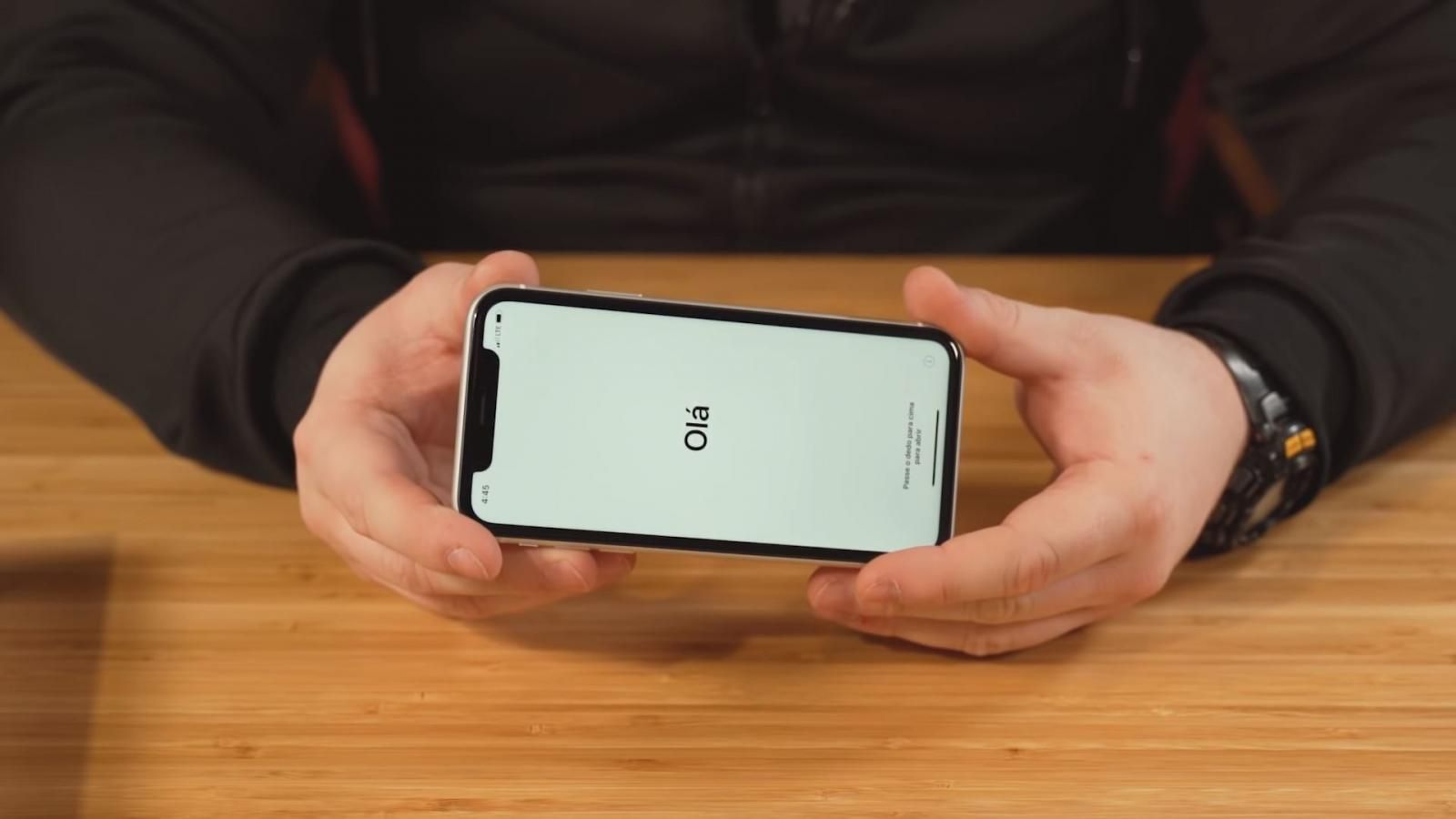Apple is in the laborious process of updating its Chinese iPhones to a special version of iOS 12 as a means to avoid fines for the import and sales of devices which a local Chinese court has ruled infringe upon two of Qualcomm’s patents. The hope is that by doing so, Apple would no longer trigger the patented features in question and its iPhones would not be subject to enforcement.
“Based on the iPhone models we offer today in China, we believe we are in compliance,” Apple said in a statement to Reuters. “Early next week we will deliver a software update for iPhone users in China addressing the minor functionality of the two patents at issue in the case.”
The devices include all iPhones released from 2015, 2016 and 2017.
Qualcomm was not pleased with the development, but as it continues to battle with Apple over the validity and application of its patents, it has publicly said that it wants to also target the iPhone XS, XS Max and XR models for injunctions.
Nikkei Asian Review reports from its sources that Apple could also seek to minimize liabilities if the ban is enforced by reducing reliance on assemblers Foxconn and Wistron and turning to Pegatron — Qualcomm confirmed that the ODM apparently had apparently licensed the patents in question on behalf of Apple. The big question moving forward would be whether Pegatron, with factory capacity half the size of Foxconn.
Cutting off Foxconn and Wistron production could weigh Apple’s sales down by $5 billion over one year. If Apple decides to boost orders to Pegatron, that impact could be reduced by 50 percent or better.
The chipmaker claims it is out billions of dollars of royalties from Apple’s suppliers while the hardware giant warns of major disruptions to mobile phone makers who could be subject to a costly licensing regime if Qualcomm gets its way.
Bloomberg obtained Apple’s December 10 filing with Fuzhou Intermediate People’s Court, which reads in part:
Apple will be forced to settle with [Qualcomm], causing all mobile phone manufacturers to relapse into the previous unreasonable charging mode and pay high licensing fees, resulting in unrecoverable losses in the downstream market of mobile phones.

